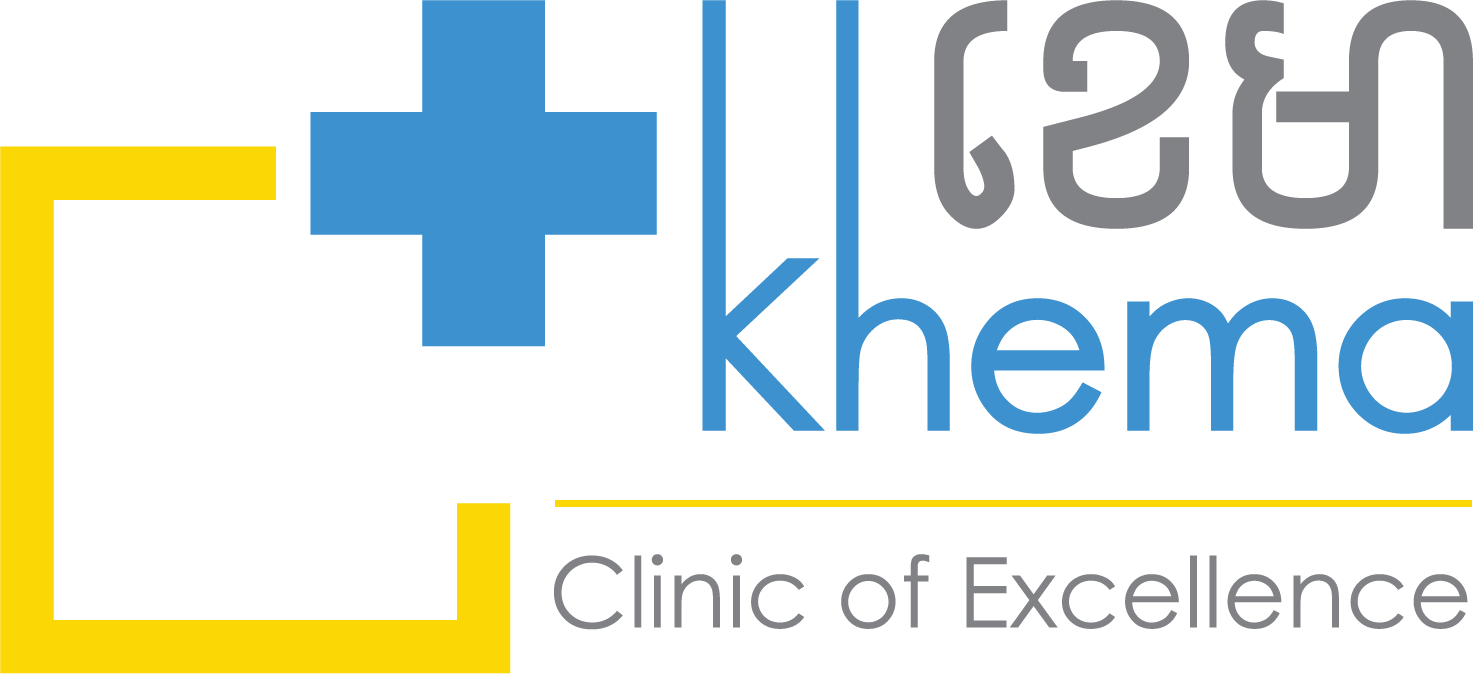What is Pre-Eclampsia?
What is Pre-Eclampsia?
Pre-eclampsia is a medical condition that only occurs in a woman when she is pregnant. Preeclampsia only happens after 20 weeks of gestation and is often characterized by high blood pressure and protein in the urine. Pre-eclampsia affects approximately 5-8 percent of all pregnancies worldwide.
What are the Signs and Symptoms of Pre-Eclampsia
Hypertension (high blood pressure);
Protein in urine
Edema (swelling);
Head ache;
Nausea and vomiting;
Abdominal and shoulder pain;
Lower back pain;
Sudden weight gain;
Blurry vision;
Shortness of breath and anxiety.
It is, however, important to know that pre-eclampsia often is asymptomatic and is often detected during a routine pre-natal check-up. This is why it is important to remember to schedule and attend all pre-natal check-ups.
Who is at Risk for Pre-Eclampsia
While every pregnant woman can develop pre-eclampsia, there are certain risk factors which are often present:
First-time mothers;
Women who previously been diagnosed with pre-eclampsia or gestational hypertension;
Women with family history of pre-eclampsia (mother and/or sister);
Women expecting twins or multiple babies;
Women younger than 20 years old or older than 40;
Women with high blood pressure prior to pregnancy;
Obese women/women with a BMI over 30.
Diagnosis
At each pre-natal check-up, your doctor or midwife will check your blood pressure and urine levels. If your blood pressure has gone up significantly and it there is protein present in your urine, she or he may order further tests, including a blood test, which will divulge a preeclampsia diagnosis. Your healthcare provider may also order additional ultrasound and doppler scan to make sure your baby is growing well and that there’s sufficient blood flow to the placenta.
What to Expect if you have Pre-Eclampsia
Many women are taken by surprise by a pre-eclampsia diagnosis at a routine pre-natal check-up. If you are diagnosed with pre-eclampsia, you are likely to be hospitalized for the duration of your pregnancy so that your health care provider can keep a close eye on your and your baby’s wellbeing.
Treatment
Which treatment plan your doctor puts you on depends on the severity of your condition and how far along in your pregnancy you are. If you are close to your due date and the baby is fully developed (normally around week 38), then your doctor will probably induce your labor as soon as possible. If you are diagnosed with pre-eclampsia earlier in your pregnancy, your doctor may prescribe blood pressure medication and hospitalize you to ensure close monitoring and care until the baby is delivered.
Pre-eclampsia is a manageable condition as long as it is detected and treated early. If left untreated, however, pre-eclampsia can quickly lead to serious complications, including eclampsia (seizures followed by coma due to high blood pressure) for both the mother and the baby.
Prevention
Unfortunately, there currently doesn’t exist any measure to prevent the onset of pre-eclampsia. The most important measures you can take to ensure a safe pregnancy is to schedule and attend all your pre-natal check-ups.
If you need to schedule pre-natal check-ups or if you suspect that you, or someone you know, have pre-eclampsia, please contact us for an appointment.
